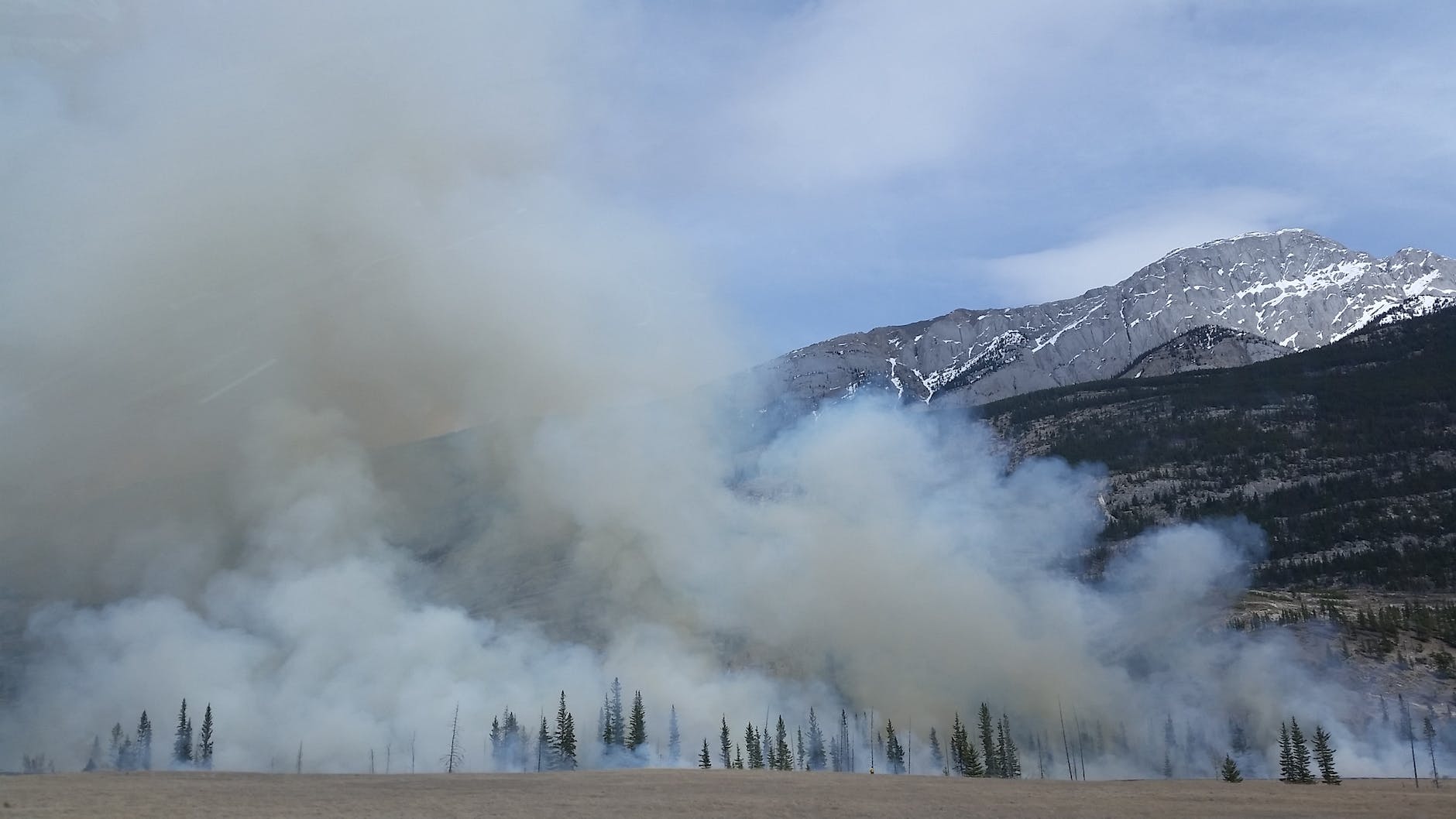I don’t usually create a post just to tell you to read something elsewhere, but this is incredibly important, and I think Dr. Palmater has pretty much covered all the bases on this. Please read her breakdown of the proposed First Nation Property Ownership Act that is all over the news lately. She uses a wonderful Q&A style that should answer all your questions.

7 Comments
Jeff Bear · August 8, 2012 at 12:41 pm
Hey Apiht
I liked reading your blogs but I find Palmeters assessment to be parochial and flawed. The so-called Q&A is more opinion and biased. Who are you anyway that hides behind this name and blog? Is there any way to establish a dialogue with you?
Jeff
âpihtawikosisân · August 8, 2012 at 12:57 pm
I have an About section (https://apihtawikosisan.com/about/), but generally when someone accuses me of ‘hiding’ the dialogue that follows isn’t particularly constructive. I’m not open to offering my email to strangers, so this comment section may be your best bet for asking me what’s on your mind.
As for the Palmater article, she also has a comment section where you can point out flaws you feel are present in her arguments. I get told that all of what I write is “opinion and biased” all the time, no matter how many sources I provide. That’s fine too.
Elizabeast · August 16, 2012 at 11:56 pm
What would be the point in writing anything without an opinion? Why do people bother commenting just to sip on that hatorade. It’s a blog; it’s not a personal connection forum for ad homs. The point of the comments section on any blog is comments- and “who are you anyway?” is not a comment, it’s a joke. If you enjoy reading the blog, but not the linked material, then just say that. Or even better, start your own blog! And provide all your personal information, including address, phone number and job title (maybe throw in all your private history and credentials.)… and just see how productive all that sharing is, “Jeff Bear”.
Elizabeast · August 17, 2012 at 12:09 am
That came off as really emphatic. I don’t want to sound too harsh, but I am really tired of people criticizing blogs which are so obviously productive and productive discussion central. I just think someone who disagrees should move along. And I really like this blog, and I really appreciate this linked material. Thanks.
Dave MacKay · August 8, 2012 at 12:42 pm
Dr. Palmater has a lot to contribute to all Canadians.
Thank you for bringing our attention to her most informative article.
Pam Palmater · August 9, 2012 at 8:41 am
Welal’in for posting this. I appreciate working together trying to keep our people informed. My post was kept simple on purpose – so that the majority of readers can get the core concepts and understand my main concerns. Blogs are meant to be accessible which is why I don’t write them like one of my legal publications with 1000 footnotes and references. Thanks again. Pam
Ray · August 9, 2012 at 4:23 pm
For the record, I don’t agree that FNs should hold their reserves in FN fee simple, simply because it makes it much easier to lose tracts of land from FN use. I’ve been to the US, and I’ve seen problems with checkerboards. That being said…
I remember living the lower mainland during the time that the Musqueam case went to the Supreme Court. As we all know, many First Nations in BC had their most valuable land involuntarily taken from them and leased to non-native people, often at a pittance to their actual value. It is these acts that led to the notion of the fiduciary obligation. And when these First Nations had a chance to up their rents on leased lands, they wanted to increase rents to the same rate as off-reserve. If you’ve ever been to UBC, for example, you’ll know that some of the most valuable land in Vancouver is right around Musequeam. Anyways, they raise rents to surrounding market level, and the fight goes to the Supreme Court. At the Supreme Court, they decide that Indian reserve land is worth less than off-reserve land because of the way it is held.
Is it a surprise that some of these First Nations who have had their lands involuntarily taken from them for leases lasting hundreds of years are wanting to turn their reserve lands to fee simple, which would then give them the right to increase their rents and taxes from these lost lands? I don’t think so. First Nations are underfunded, and if this scheme would mean millions in new untied revenues to some First Nations, then it will probably be supported by some First Nations who had land taken from them. This makes this qualitatively different than Dawes, which makes a suitable nation-wide FN response challenging.